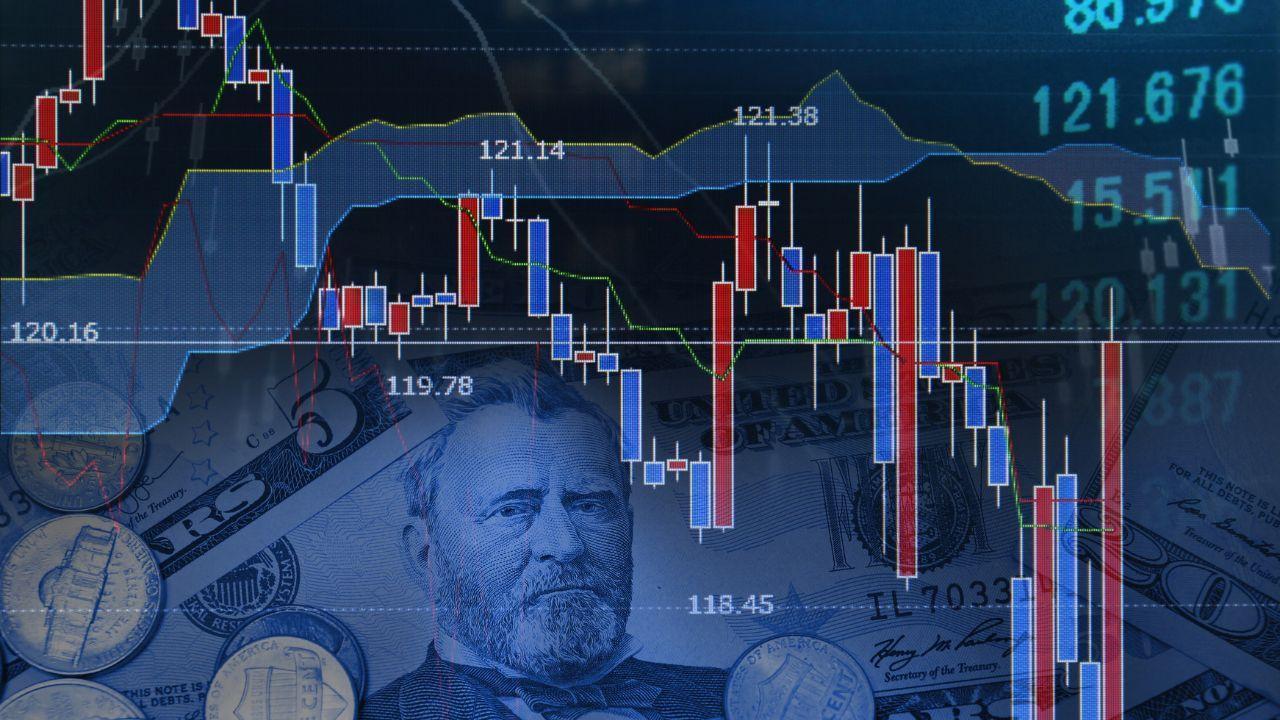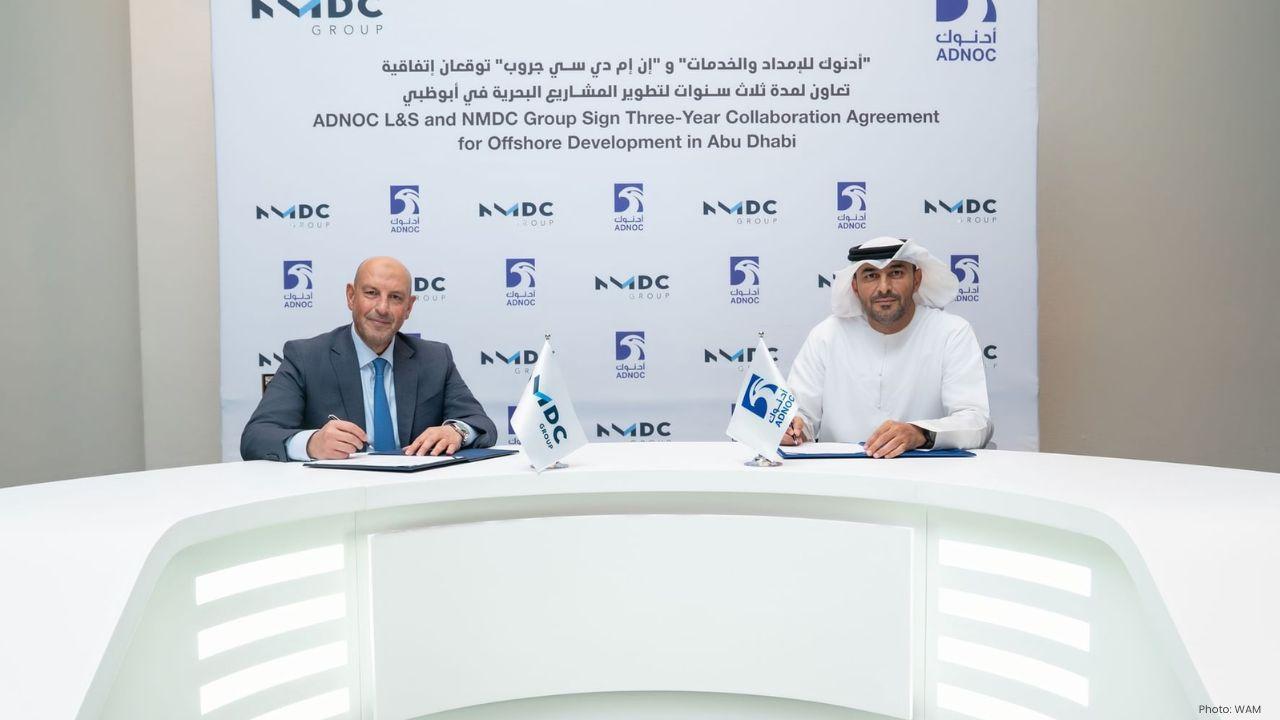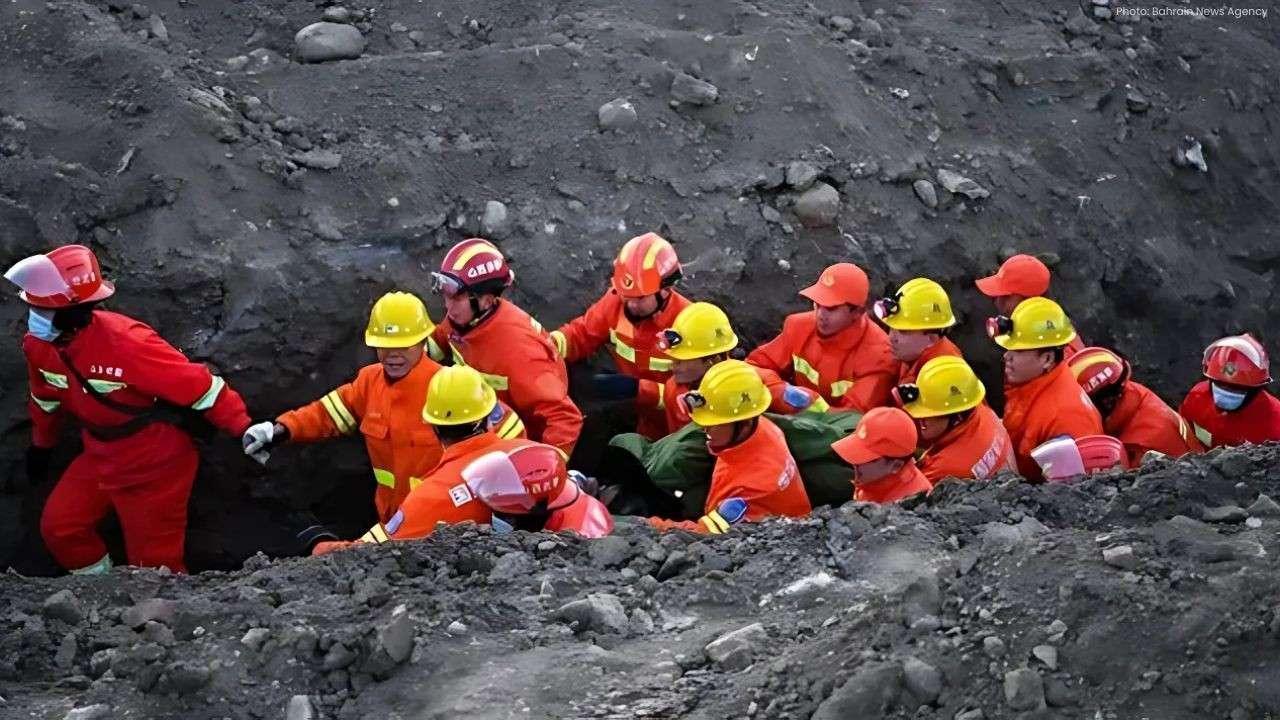
Post by : Vansh Kumar
The global economy is undergoing unprecedented shifts, driven by technological advancements, policy changes, and evolving market dynamics. Understanding the rapidly changing economic landscape is crucial for businesses, investors, and policymakers seeking to navigate opportunities and mitigate risks. As money moves faster and markets adapt to new realities, the strategies for wealth creation and economic stability are evolving as well.
Several factors are driving the rapidly changing economic landscape. Technological innovation, globalization, and policy reforms are transforming industries and altering how wealth is created and distributed.
Technology is a central force. Artificial intelligence (AI), blockchain, and digital payment systems are reshaping banking, trade, and investment. Businesses leveraging AI can optimize operations, anticipate market trends, and enhance customer experiences, making them more competitive in a fast-paced economy. Meanwhile, blockchain ensures secure, transparent transactions, building trust and efficiency across sectors.
Policy decisions also play a pivotal role. Governments worldwide are implementing economic reforms, trade agreements, and financial regulations to stimulate growth and attract investment. Effective policymaking not only supports domestic markets but also positions countries as key players in global finance, influencing cross-border capital flows and trade dynamics.
Emerging markets are increasingly shaping the trajectory of global finance. Countries in Asia, Africa, and Latin America are experiencing rapid urbanization, expanding consumer bases, and technological adoption. These markets offer new investment opportunities, often outperforming mature economies in terms of growth potential.
Foreign direct investment (FDI) is flowing into emerging economies, driven by demand for infrastructure, digital innovation, and consumer goods. Businesses that strategically enter these markets can tap into untapped potential, diversify revenue streams, and gain a competitive edge. At the same time, investors must navigate challenges such as political instability, currency fluctuations, and regulatory uncertainties.
Digital transformation is redefining the modern economy. E-commerce, online banking, telemedicine, and digital logistics are enhancing efficiency and accessibility, allowing businesses to operate more effectively and reach global consumers.
Digital technologies also empower financial inclusion. In regions with limited access to traditional banking, mobile banking and fintech platforms enable individuals and small businesses to save, invest, and access credit. This democratization of finance contributes to wealth creation, stimulates economic activity, and strengthens resilience in local and regional economies.
Investing in a rapidly changing economic landscape requires flexibility, foresight, and risk management. Traditional investment strategies may no longer suffice in a world where markets are influenced by technology, geopolitics, and global interconnectivity.
Diversification is key. Investors should balance exposure across sectors, geographies, and asset classes. Embracing technology-driven opportunities, such as AI-powered trading or digital currencies, can yield significant returns, while sustainable investments in renewable energy, green technology, and ESG-focused funds support long-term growth.
Risk assessment is equally important. Understanding political, economic, and technological factors in emerging markets enables investors to mitigate potential pitfalls while seizing opportunities.
Policies and regulations directly influence the flow of money and the stability of markets. Central banks’ decisions on interest rates, inflation control, and monetary policy shape capital availability and investment strategies. Trade policies, taxation, and government incentives affect business operations and international trade.
In the context of global finance, policymakers must balance growth with stability. Sound regulatory frameworks encourage innovation, protect consumers, and reduce systemic risks. Governments that foster collaboration between the public and private sectors enable innovation, entrepreneurship, and infrastructure development, strengthening the economy as a whole.
Innovation and entrepreneurship are crucial drivers of the rapidly changing economic landscape. Startups, technology firms, and innovative enterprises create new products, services, and business models that disrupt traditional industries.
Entrepreneurial ecosystems supported by investment, mentorship, and policy incentives generate jobs, stimulate competition, and accelerate wealth creation. By fostering innovation, nations and businesses can adapt to change, maintain competitiveness, and contribute to a dynamic economic environment.
Sustainability is increasingly recognized as a pillar of economic stability. Companies and investors are integrating environmental, social, and governance (ESG) principles into strategies to ensure responsible growth. Renewable energy, resource-efficient manufacturing, and sustainable agriculture not only protect the environment but also generate profitable opportunities.
Technological solutions enhance sustainability. Smart grids, energy-efficient systems, and data-driven resource management optimize operations while reducing environmental impact. By combining sustainability with innovation, businesses contribute to economic resilience and long-term wealth creation.
Despite the opportunities, navigating the rapidly changing economic landscape is not without challenges. Market volatility, geopolitical tensions, and technological disruption can affect stability and growth. Rapid adoption of digital tools may exacerbate inequality if access is uneven, while regulatory frameworks may lag behind technological advancements.
Businesses and investors must adopt proactive strategies, including scenario planning, diversification, and workforce development, to remain resilient. Understanding the interconnectedness of global markets and anticipating trends are crucial for mitigating risks and capitalizing on opportunities.
As technology, policy, and innovation continue to evolve, the rapidly changing economic landscape will present both opportunities and challenges. Artificial intelligence, digital finance, and emerging markets are redefining how wealth is created, managed, and distributed.
The future of money in motion will be shaped by collaboration between governments, businesses, and investors, leveraging technology and sound policies to promote sustainable growth. Those who adapt quickly, embrace innovation, and remain informed will thrive in this dynamic environment.
The content in this article is intended for informational and educational purposes only. While every effort has been made to ensure accuracy, economic conditions, market trends, and financial developments are constantly changing. Readers are encouraged to conduct their own research and consult professional advisors before making financial, business, or investment decisions. GCC news network is not responsible for any outcomes resulting from the use of this content.
#trending #latest #EconomicTrends #GlobalEconomy #FinanceInsights #EconomicGrowth #MarketDynamics #FinancialInnovation #MoneyInMotion #EconomicTransformation #ModernFinance #BusinessTrends #GCCNews #GCCUpdates #GCCTech #GCCInnovation #ArabWorldNews #GCCTrends #DigitalGCC #GCCBusiness #GCCFuture #GCCTechnology #GCCInsights










NMDC Group And ADNOC L&S Sign Three-Year Deal For Offshore Work
NMDC Group and ADNOC Logistics & Services sign a three-year deal to deliver maritime services for of

Six Miners Trapped After Earthquake Hits Coal Mine In China
A mining-related earthquake struck a coal mine in Heilongjiang, China, trapping six miners undergrou

Train Collides With Bus In Mexico Killing 10 And Injuring Many
At least 10 dead and 41 injured after a train hit a bus at a rail crossing in Mexico. Authorities co

UAE Olympic Football Team Qualifies For AFC U-23 Asian Cup Finals
UAE Olympic football team qualifies for AFC U-23 Asian Cup finals in Saudi Arabia despite 3-2 loss t

Apple Launches iPhone Air With Thinnest Design & Pro Performance
Apple unveils the new iPhone Air, its thinnest model with pro performance, multiple colors, large st

Al Wakrah Wins French Arabian Breeders’ Challenge Sprint Again
Al Wakrah, trained by Jean de Mieulle, wins French Arabian Breeders’ Challenge Sprint in France, mar